Overnight Care for Seniors: What You Need to Know
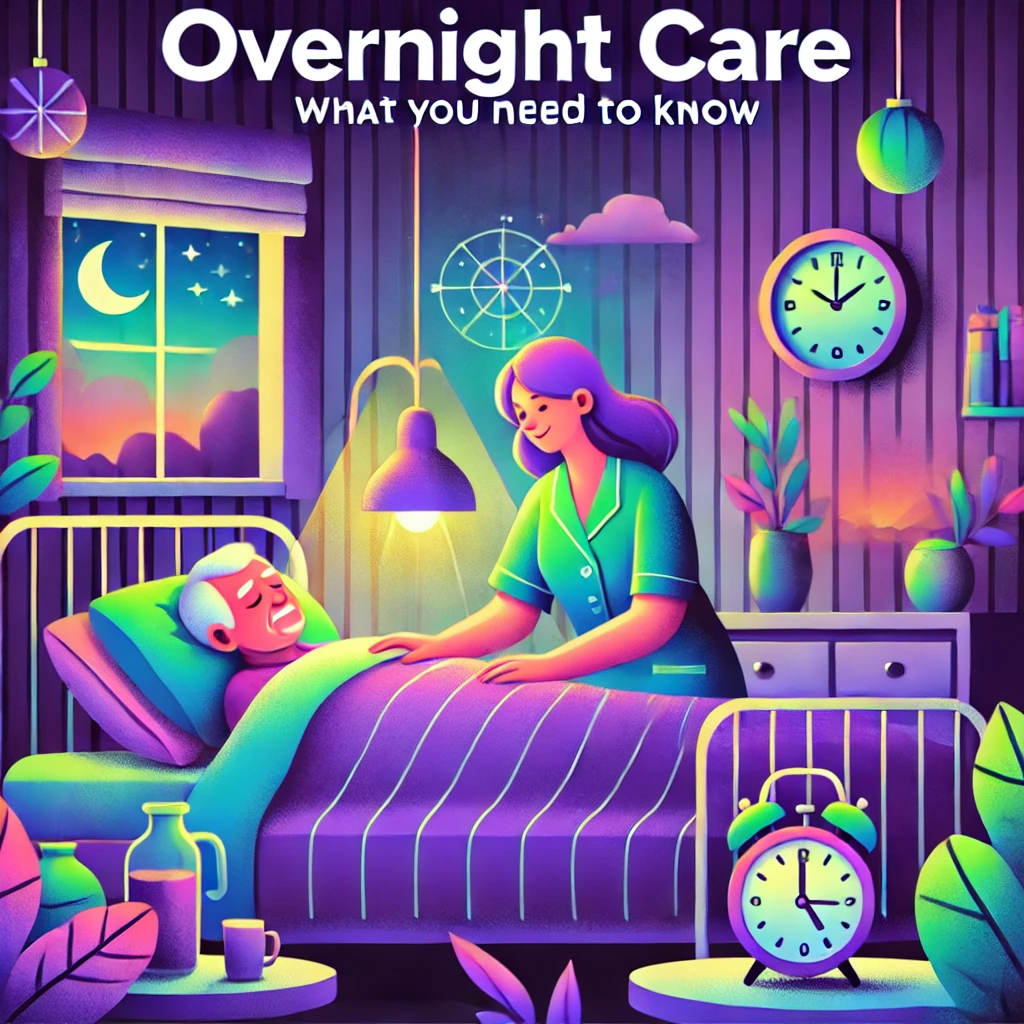
Table of Contents
- Overnight Care for Seniors: What You Need to Know
- Understanding Overnight Care
- The Importance of Overnight Care
- Types of Overnight Care
- Assessing the Need for Overnight Care
- Benefits of Professional Overnight Care
- Implementing Overnight Care: Practical Considerations
- Technology in Overnight Care
- Legal and Ethical Considerations
- Wrapping it up: Overnight care
As our loved ones age, their care needs often extend beyond daytime hours. Overnight care for seniors has become an increasingly important aspect of elderly care, providing essential support and peace of mind for both seniors and their families. This comprehensive guide will explore the ins and outs of night-time care, helping you understand its importance, benefits, and how to implement it effectively.
Understanding Overnight Care
Overnight care, also known as night-time care, refers to the assistance and supervision provided to seniors during the evening and night hours. This type of care is crucial for elderly individuals who may require round-the-clock attention due to various health conditions, mobility issues, or cognitive impairments.
According to a study by Age UK, approximately 1.4 million older people in the UK have unmet care needs. This statistic underscores the importance of comprehensive care solutions, including overnight support. Graceful Healthcare Services recognises this growing need and offers tailored overnight care options to ensure seniors receive the attention they require, even during the night.
The Importance of Overnight Care
- Safety and Security
One of the primary reasons for implementing overnight care is to ensure the safety and security of seniors. The risk of falls and accidents increases during the night, especially for those with mobility issues or cognitive impairments. According to the NHS, falls are the most common cause of injury-related deaths in people over the age of 75 in the UK. Overnight carers can significantly reduce these risks by providing assistance and supervision.
- Medication Management
Many seniors require medication at specific times, including during the night. An overnight carer can ensure that medications are taken correctly and on schedule, preventing missed doses or potential overdoses. The Health Foundation reports that medication errors are a significant issue in elderly care, making professional oversight crucial.
- Emotional Support and Companionship
Loneliness and isolation can be particularly acute during night-time hours. Overnight carers provide companionship and emotional support, helping to alleviate anxiety and promote better sleep. Research from the Campaign to End Loneliness shows that 1.4 million older people in the UK often feel lonely, highlighting the importance of consistent companionship.
- Respite for Family Caregivers
Family members who provide care during the day often need rest to maintain their own health and well-being. Overnight care offers respite, allowing family caregivers to get much-needed sleep and recharge. Graceful Healthcare Services understands the importance of supporting both seniors and their families, offering flexible overnight care options to suit various needs.
Types of Overnight Care
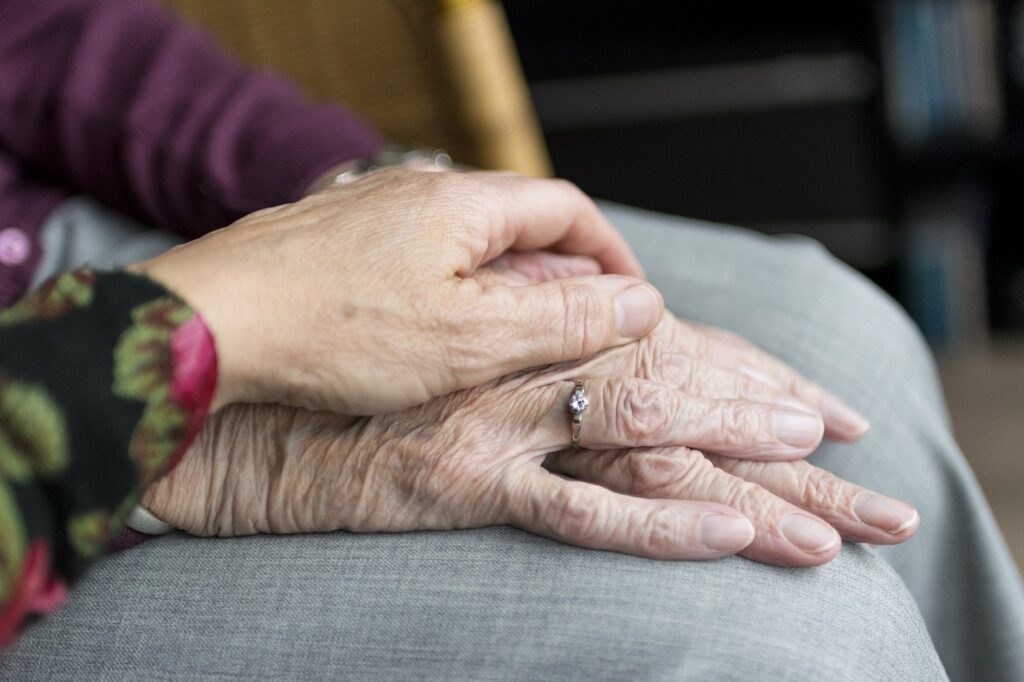
- Live-in Care
Live-in care involves a carer residing in the senior’s home, providing round-the-clock support. This option offers consistency and can be particularly beneficial for seniors with complex care needs or those requiring constant supervision.
- Overnight Visits
With overnight visits, a carer arrives in the evening and stays until morning. This option is suitable for seniors who need assistance primarily during night-time hours or those who prefer to maintain more independence during the day.
- Sleep-in Care
Sleep-in care allows the carer to sleep at the senior’s home but remain on call for any emergencies or assistance needed during the night. This option balances cost-effectiveness with the security of having a carer present.
- Waking Night Care
Waking night care involves a carer who stays awake throughout the night, actively monitoring and assisting the senior. This type of care is ideal for individuals with complex medical needs or those requiring frequent assistance during the night.
Assessing the Need for Overnight Care
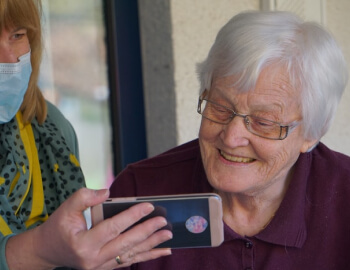
Determining whether a senior requires overnight care involves careful consideration of various factors. Here are some signs that might indicate the need for night-time support:
- Frequent Night-time Wandering: This is particularly common in seniors with dementia or Alzheimer’s disease. According to the Alzheimer’s Society, up to 40% of people with dementia experience sleep disturbances and night-time wandering.
- Difficulty with Night-time Toileting: Seniors who struggle to use the bathroom independently at night may benefit from overnight assistance to prevent falls and maintain hygiene.
- Medication Requirements: If a senior needs to take medications during the night or early morning, overnight care can ensure proper administration.
- Anxiety or Confusion at Night: Some seniors experience increased anxiety or confusion during night-time hours, known as “sundowning”. Professional overnight care can provide reassurance and support.
- Recent Hospital Discharge: Seniors recovering from surgery or illness may require temporary overnight care during their recuperation period.
- Chronic Health Conditions: Certain health conditions, such as heart disease or COPD, may necessitate night-time monitoring and assistance.
Benefits of Professional Overnight Care
While family members often provide care, professional overnight care offers several distinct advantages:
- Specialised Training: Professional carers, like those at Graceful Healthcare Services, receive specialised training in elderly care, including night-time support techniques.
- Consistency: Professional agencies can ensure continuous care, even if a regular carer is unavailable.
- Expertise in Medical Support: Trained carers can handle medical emergencies and provide skilled assistance with medical equipment or procedures.
- Objective Assessment: Professional carers can provide objective feedback on the senior’s condition and care needs.
- Reduced Family Stress: Knowing a trained professional is caring for their loved one can significantly reduce stress and worry for family members.
Implementing Overnight Care: Practical Considerations
When considering overnight care for a senior, several practical aspects need to be addressed:
- Care Plan Development
A comprehensive care plan should be developed in consultation with healthcare professionals, the senior, and their family. This plan should outline specific night-time needs, medication schedules, and emergency protocols. Graceful Healthcare Services, works closely with families to create tailored care plans that address individual requirements.
- Home Modifications
Ensuring the home is safe and accessible for night-time care is crucial. This may include installing night lights, grab bars in bathrooms, and ensuring clear pathways. The Centre for Ageing Better provides excellent resources on home modifications for elderly care.
- Communication Systems
Establishing clear communication channels between the carer, family members, and healthcare providers is essential. This may include setting up emergency contact lists and protocols for different scenarios.
- Cost Considerations
The cost of overnight care can vary depending on the type and level of care required. According to PayingForCare, the average cost of overnight care in the UK ranges from £150 to £200 per night. It’s important to explore various funding options, including local authority support and NHS continuing healthcare.
- Carer Selection
Choosing the right carer is crucial for successful overnight care. Consider factors such as experience, qualifications, and personality fit. Graceful Healthcare Services, carefully vets and selects carers to ensure they meet the highest standards of professionalism and compassion.
Technology in Overnight Care
Advancements in technology have significantly enhanced the quality and efficiency of overnight care for seniors:
- Motion Sensors: These can alert carers to unusual night-time activity or potential falls.
- Remote Monitoring Systems: Allow family members or healthcare providers to monitor the senior’s well-being from a distance.
- Smart Medication Dispensers: Ensure accurate and timely medication administration during night hours.
- Video Communication: Enables quick consultations with healthcare professionals if needed during the night.
- Smart Home Systems: Can control lighting, temperature, and other environmental factors to promote better sleep and safety.
According to a report by UKAuthority, implementing care technology could save UK councils up to £18 billion over the next decade, highlighting its growing importance in elderly care.
Legal and Ethical Considerations
When implementing overnight care, it’s crucial to be aware of legal and ethical considerations:
- Consent: Ensure the senior has given informed consent for overnight care, or if they lack capacity, follow the appropriate legal procedures.
- Privacy: Respect the senior’s privacy while providing necessary care and supervision.
- Dignity: Maintain the senior’s dignity in all aspects of care, particularly during personal care routines.
- Rights: Understand and uphold the senior’s rights, including the right to make decisions about their care when possible.
- Safeguarding: Be aware of safeguarding procedures to protect vulnerable adults from abuse or neglect.
The Care Quality Commission provides comprehensive guidance on maintaining dignity and respect in care settings, which is particularly relevant for overnight care scenarios.
Wrapping it up: Overnight care
Overnight care for seniors is a crucial component of comprehensive elderly care, providing safety, support, and peace of mind during vulnerable night-time hours. By understanding the various types of overnight care, assessing individual needs, and implementing appropriate care plans, families can ensure their loved ones receive the best possible support.
As the UK’s ageing population continues to grow, with projections suggesting that by 2050, one in four people will be aged 65 and over, the demand for quality overnight care is set to increase. Services like Graceful Healthcare Services, are at the forefront of meeting this growing need, offering personalised, compassionate care that adapts to the unique requirements of each senior.
By prioritising overnight care and embracing innovative solutions, we can ensure that our elderly population receives the round-the-clock support they need to maintain their health, dignity, and quality of life. Whether through professional services or family support, overnight care plays a vital role in creating a safer, more comfortable environment for seniors, allowing them to age with grace and security.
References:
- Age UK. (2023). “Later Life in the United Kingdom 2023.” Retrieved from https://www.ageuk.org.uk/globalassets/age-uk/documents/reports-and-publications/later_life_uk_factsheet.pdf
- National Health Service (NHS). (2023). “Falls.” Retrieved from https://www.nhs.uk/conditions/falls/
- The Health Foundation. (2022). “The health care workforce in England: Make or break?” Retrieved from https://www.health.org.uk/publications/reports/the-health-care-workforce-in-england
- Campaign to End Loneliness. (2023). “The facts on loneliness.” Retrieved from https://www.campaigntoendloneliness.org/the-facts-on-loneliness/
- Alzheimer’s Society. (2023). “Sleep and night-time wandering.” Retrieved from https://www.alzheimers.org.uk/about-dementia/symptoms-and-diagnosis/symptoms/sleep-night-wandering
- Centre for Ageing Better. (2022). “Homes that help: A guide to making everyday activities easier at home.” Retrieved from https://www.ageing-better.org.uk/publications/homes-that-help-guide-making-everyday-activities-easier-home
- PayingForCare. (2023). “How much does care cost?” Retrieved from https://www.payingforcare.org/how-much-does-care-cost/
- UKAuthority. (2023). “Care technology could save councils billions, says LGA.” Retrieved from https://www.ukauthority.com/articles/care-technology-could-save-councils-billions-says-lga/
- Care Quality Commission. (2023). “Regulation 10: Dignity and respect.” Retrieved from https://www.cqc.org.uk/guidance-providers/regulations-enforcement/regulation-10-dignity-respect
- Office for National Statistics. (2023). “Living longer: How our population is changing and why it matters.” Retrieved from https://www.ons.gov.uk/peoplepopulationandcommunity/birthsdeathsandmarriages/ageing/articles/livinglongerhowourpopulationischangingandwhyitmatters/2019-03-15


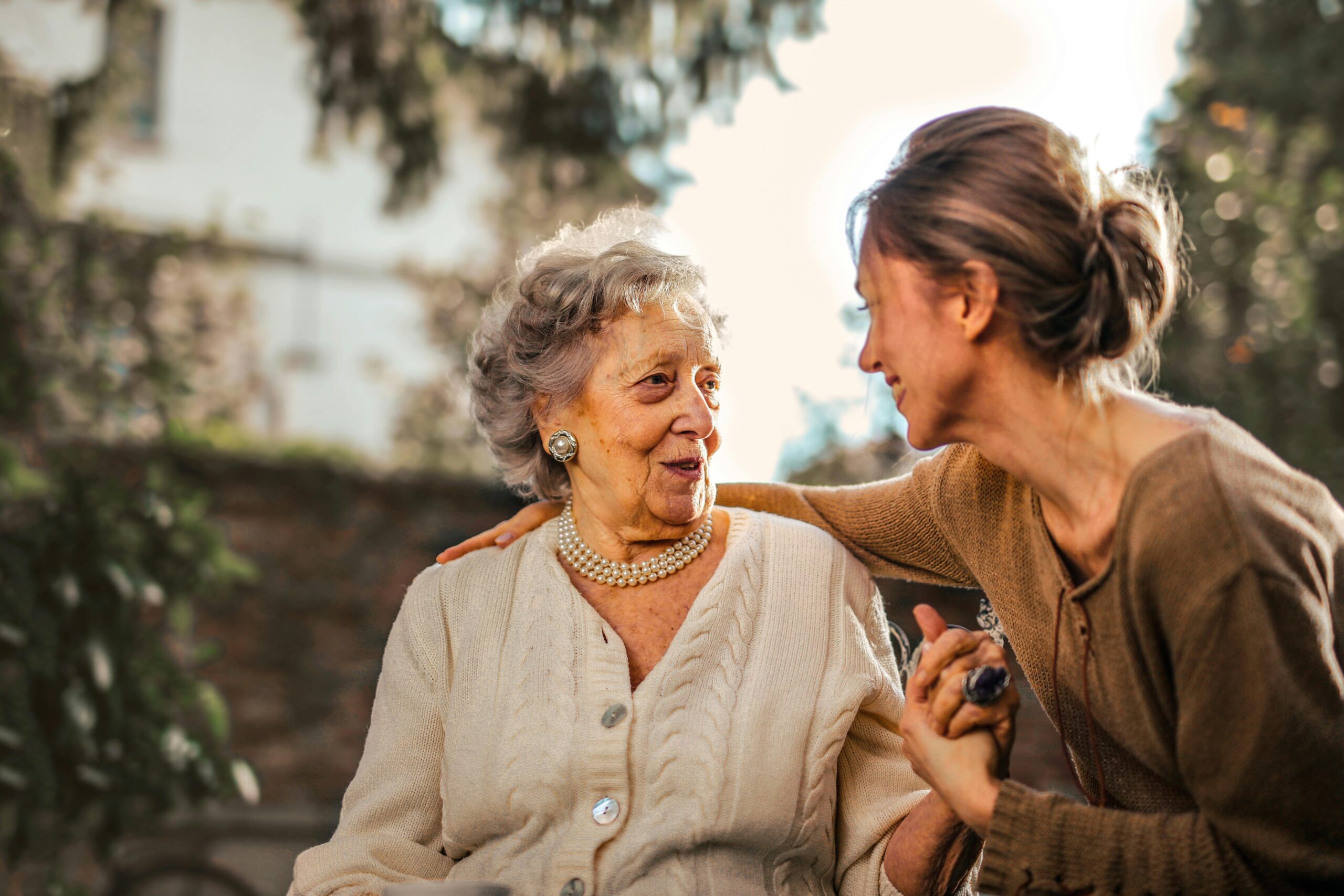
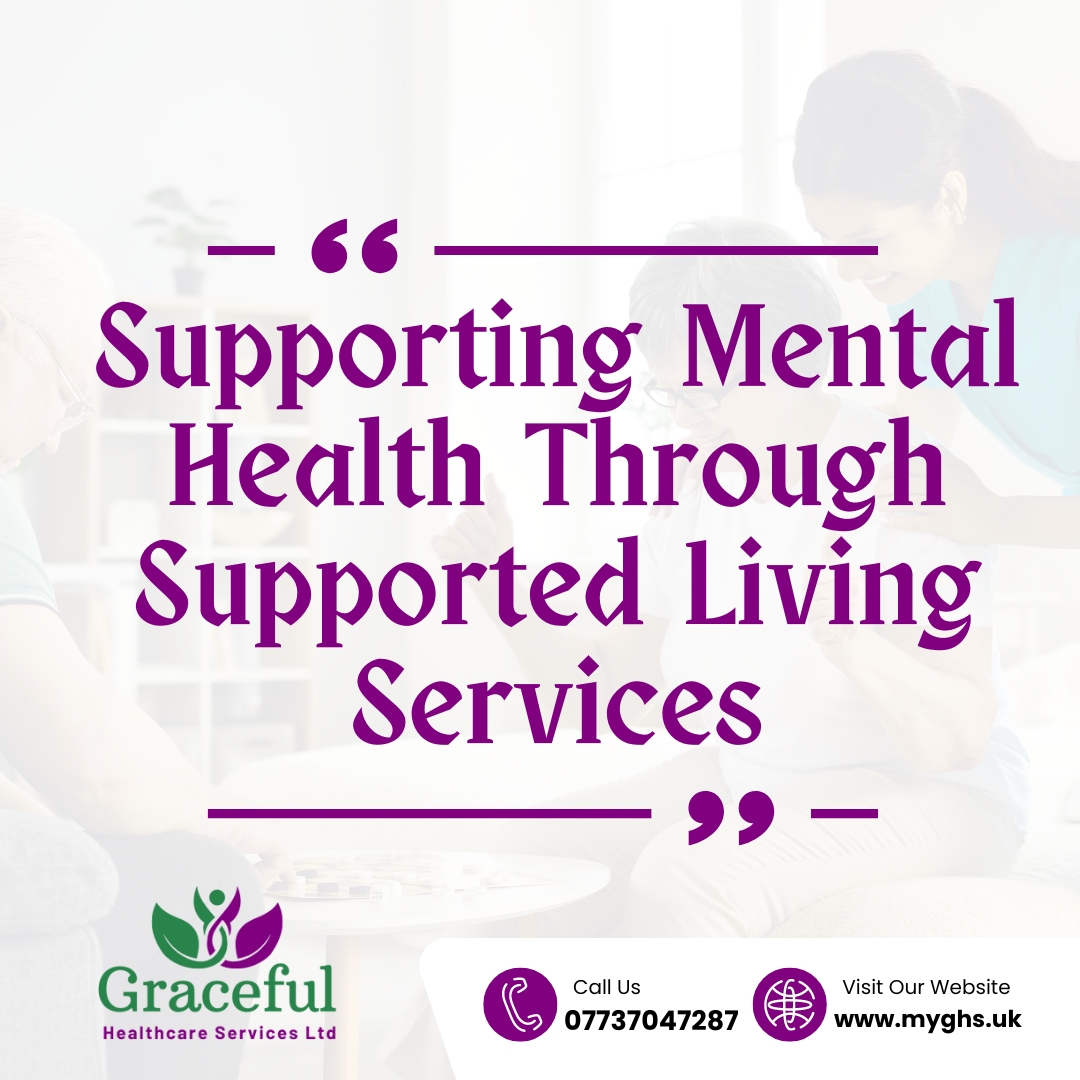
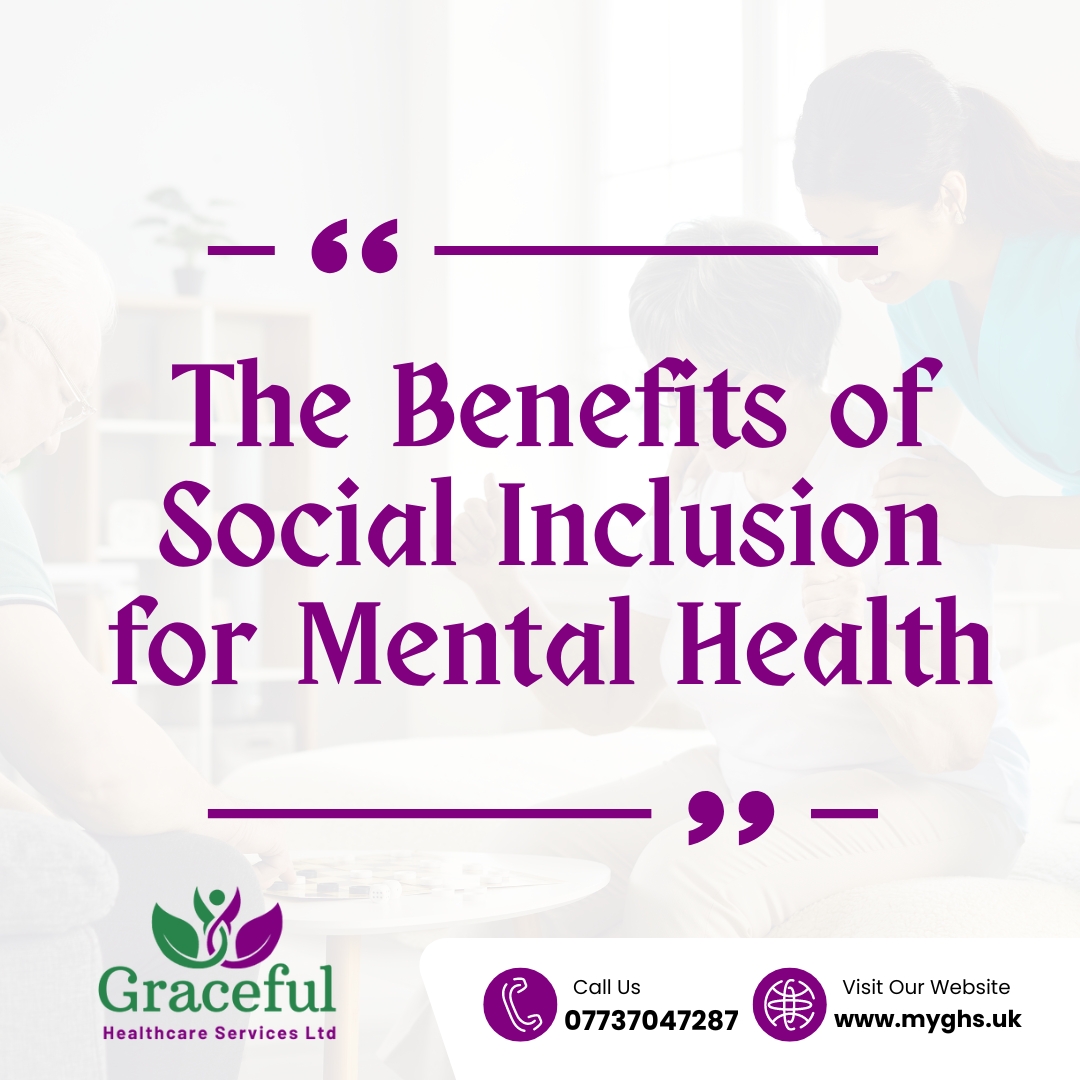
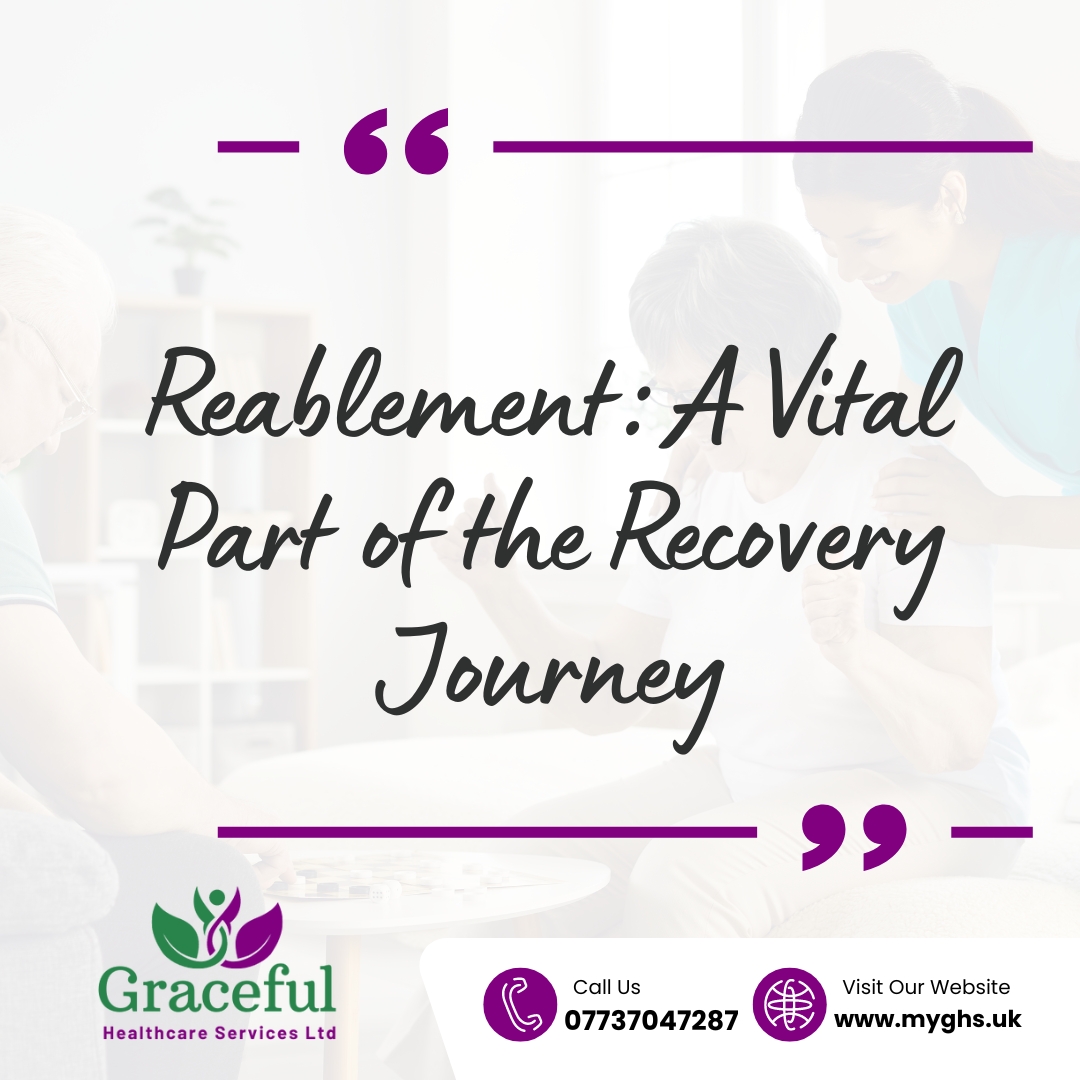
Leave a Reply